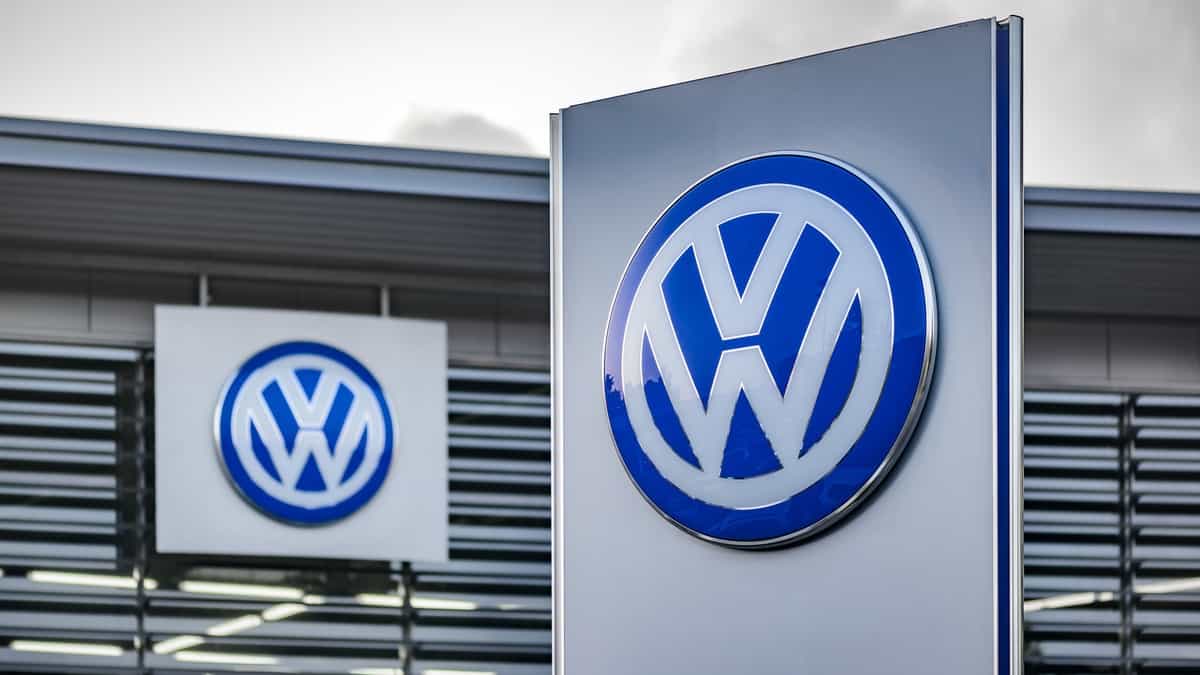Volkswagen announced that it had signed a Memorandum of Understanding (MoU) with Elia Group on Friday to examine V2G technology and how it may support grid stabilization while rewarding electric vehicle owners.
Yahoo News reported that in addition to researching how using EV batteries to power the grid may lower energy prices and stabilize electricity rates, the Volkswagen-Elia alliance aims to uncover impediments to EV integration.
Given the growing number of electric vehicles, vehicle-to-grid (V2G) technology may offer a lot of advantages in the industry. For instance, customers may draw power from the grid as needed by injecting the electricity stored in their EV battery back into it using the vehicle-to-grid concept.
Furthermore, in order to motivate drivers to contribute to the electrical grid when the car is parked, Volkswagen and Elia promise to look into pricing incentives.
| “The rapid rise in electric vehicles is reinforcing the need for cooperation between the electricity and mobility sectors,” Elia Group CEO Chris Peeters stated. “We want to enable the increasing number of EV users to charge their EVs while keeping the electricity system in balance.” |
One of the world’s leading automakers, Volkswagen, remains persistent in its goal of boosting its electric vehicle development. Remarkably, it has formed many alliances, subsidiaries, and business divisions for its EV efforts.
Meanwhile, Elia is responsible for balancing Belgium’s supply and demand for energy. Interestingly, the company refers to electric vehicles as “batteries on wheels” and believes they may be a valuable tool for balancing the grid.
CEO Elke Temme explains the advantages of employing bidirectional power:
| “An essential key to achieving climate neutrality lies in linking of the energy and mobility sectors. Using the electric vehicle battery as a mobile power bank delivers a triple benefit: Firstly, the climate benefits as renewable energy can be stored and therefore be used more efficiently; secondly, the electric grid benefits, as the car can contribute toward grid stability, and thirdly, the customer can earn additional revenue with vehicle-to-grid services. To explore the benefits of this consumer-centric approach, this cooperation with Elia Group is crucial for us.” |
By the end of the decade, Volkswagen intends to invest over $20 billion in constructing six new battery factories across Europe. The first two will be in Valencia, Spain, and Salzgitter, Germany.
In order to aid its subsidiary, Electrify America in boosting the development of ultra-fast charging stations in the United States and Canada, Volkswagen Group has increased its initial investment of $2 billion through 2026.

